These Hardworking Mussels Monitor Poland’s Drinking Water
Polish cities trust their water quality to elite shellfish teams.
Each week, Atlas Obscura is providing a new short excerpt from our upcoming book, Wild Life: An Explorer’s Guide to the World’s Living Wonders (September 17, 2024).
Gruba Kaśka is one of Warsaw’s largest water filtration plants. Every day, it pumps tens of millions of gallons out of the Vistula River and through taps across Poland’s capital. Each drop is guaranteed by the plant’s unusual quality-control team: freshwater mussels hooked up to a computer.
The concept is simple. All kinds of pollutants can sneak into drinking water: Heavy metals seep up from industrial waste sites; pesticides and fertilizers trickle in after big rainstorms. Because chemical tests are contaminant-specific, it’s impossible to check the water for every possible problem before it’s piped out to the populace.
Mussels, however, aren’t picky. If something is wrong, they clam up. Their broad sensitivity and predictable response have allowed engineers to build them into a straightforward quality control system, which runs alongside other mollusk-free monitoring schemes.
Worker mussels are recruited from nearby lakes and rivers. They’re deployed in teams of eight, each equipped with a magnetic sensor that connects them to a computer system that can register whether they are open or shut. When four or more mussels close off, so does the water supply.
These selfless shellfish have been employed in at least 50 of Poland’s water treatment plants. (Similar monitoring systems, using bluegill fish, have been employed in several American cities.) Those who work closely with the mollusks appreciate the risks they (inadvertently) take. After all, a toxic event could kill them.
Each worker mussel spends three months on duty—after that, they become too accustomed to their new surroundings and are no longer sensitive enough to properly monitor the water. For retirement, they are gently tossed back where they came from.
- Location: About 50 water treatment plants in different Polish cities, including Warsaw and Poznan
- Species: Swan mussel (Anodonta cygnea) and other freshwater mussels
- How to see them: Ask for a tour of a water treatment plant—as they are secure facilities, calling ahead is recommended.
Wild Life: An Explorer’s Guide to the World’s Living Wonders celebrates hundreds of surprising animals, plants, fungi, microbes, and more, as well as the people around the world who have dedicated their lives to understanding them. Pre-order your copy today!

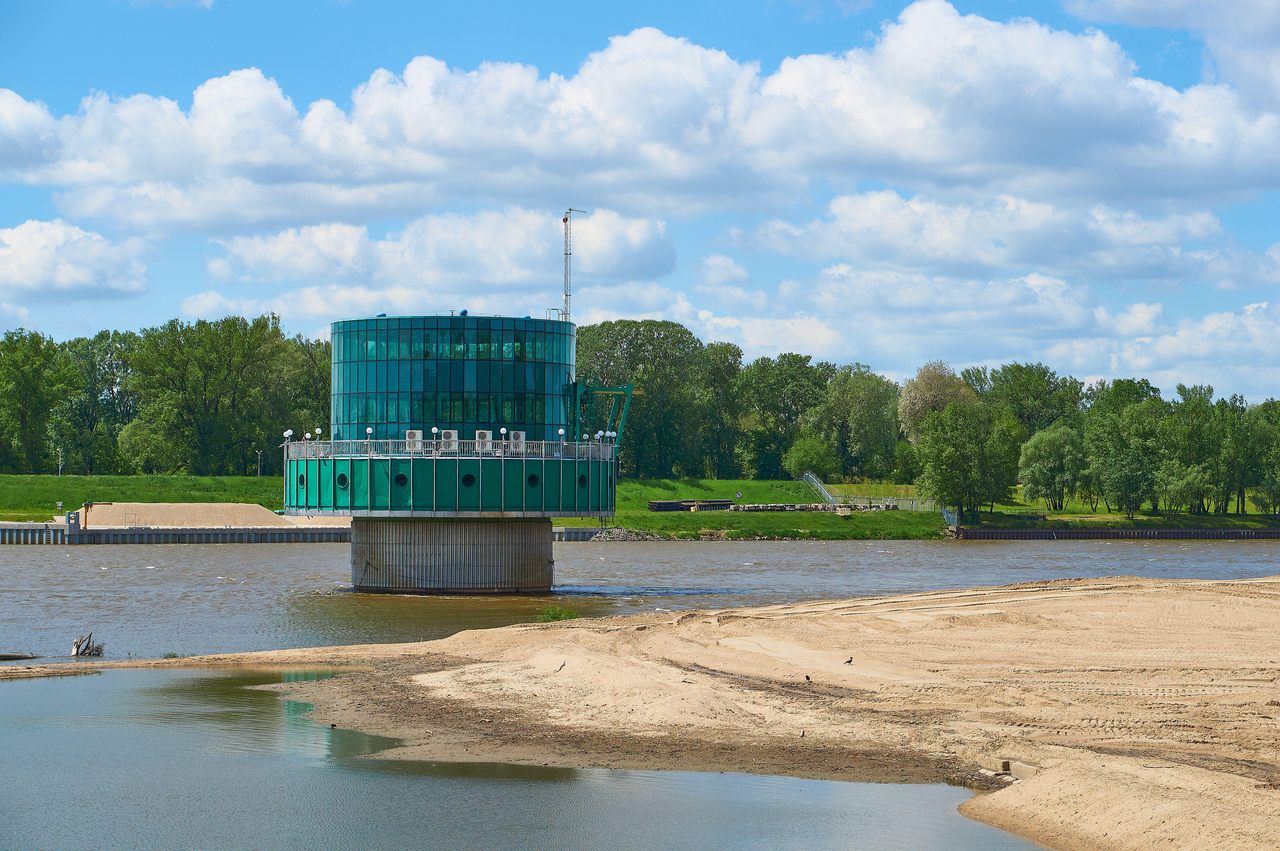
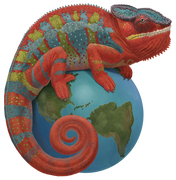

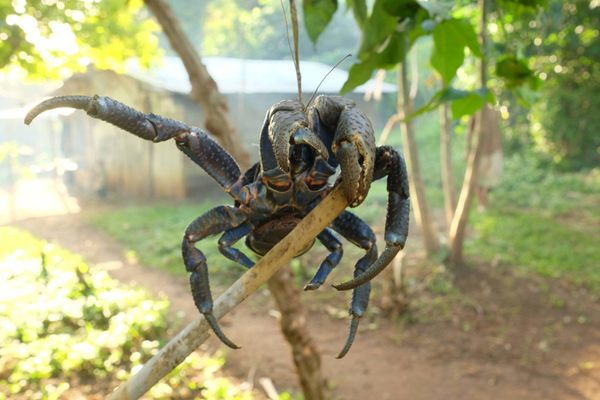


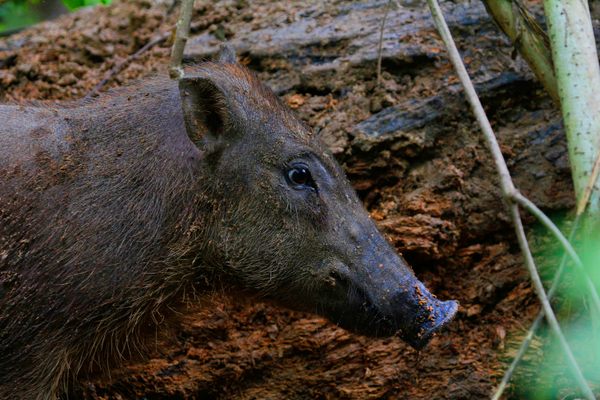

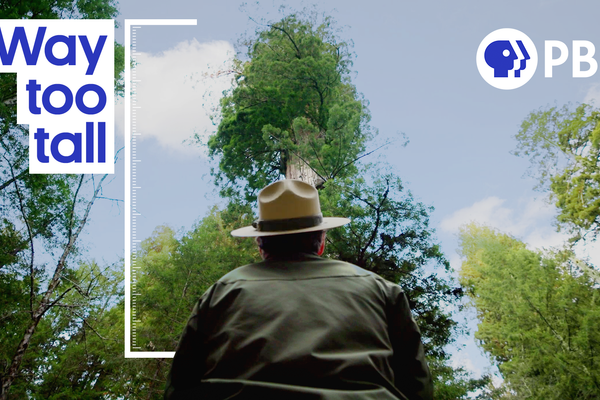
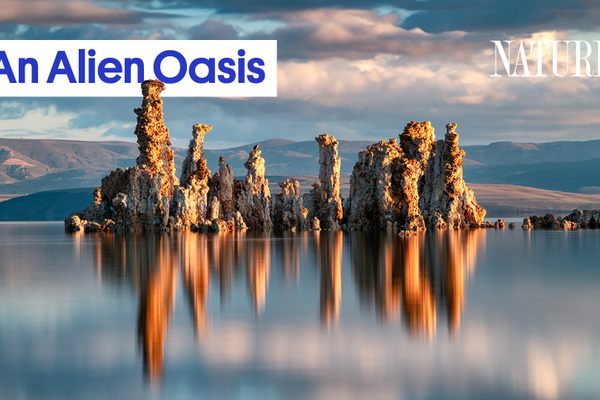














Follow us on Twitter to get the latest on the world's hidden wonders.
Like us on Facebook to get the latest on the world's hidden wonders.
Follow us on Twitter Like us on Facebook